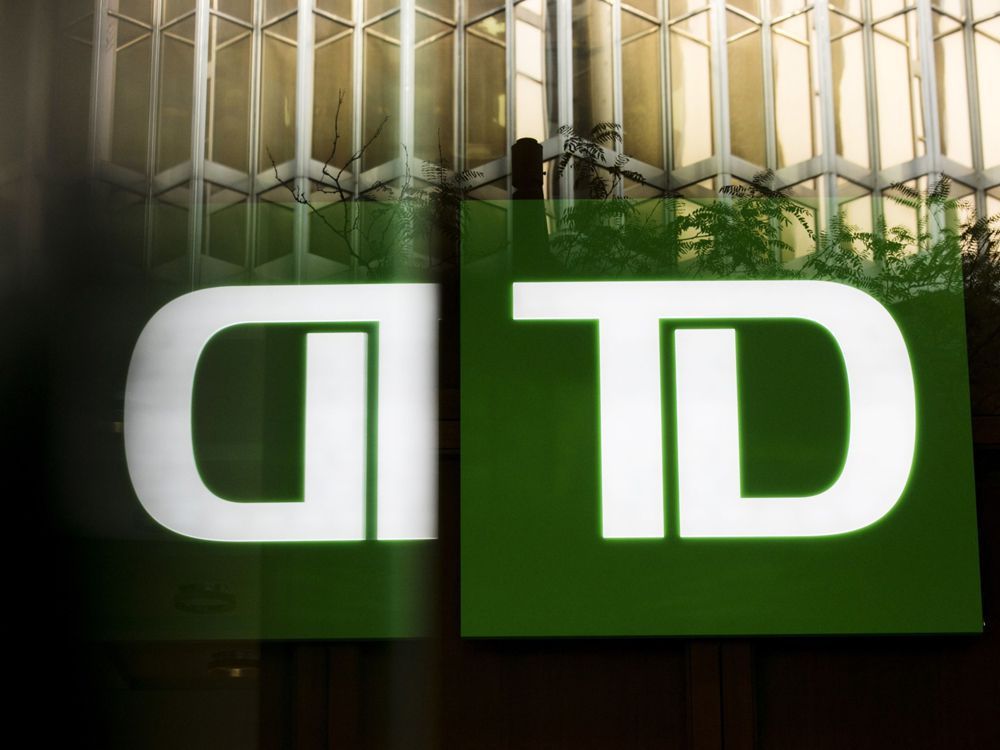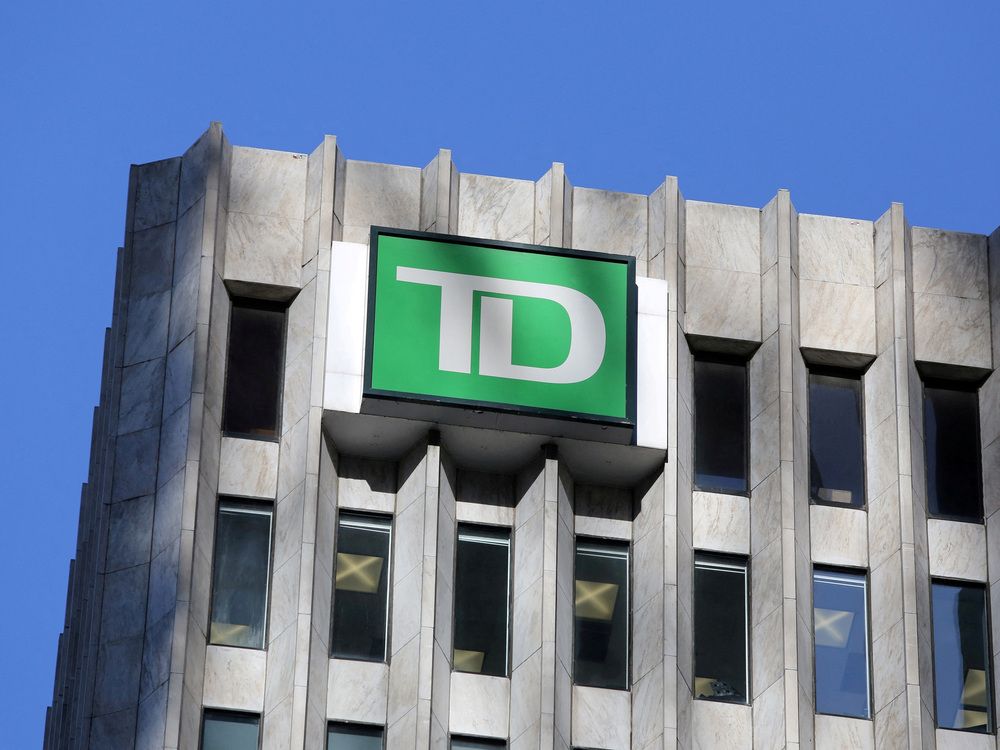Irishmonk
Senior Member
...we have cocooned ourselves in a carefree bubble of communism and consumerism.
Both? And at the same time? Please clarify how that is even possible.
|
|
|
...we have cocooned ourselves in a carefree bubble of communism and consumerism.
The problem with letting the banks do as they please is that banks enjoy explicit and implicit government guarantees. Bank deposits are guaranteed. Most residential mortgages are guaranteed. Their debt is implicitly guaranteed in the event they fail. So government's have a valid interest in ensuring they don't fail.

I'd rather think Bank of American being too big to fail shows how deeply we have cocooned ourselves in a carefree bubble of communism and consumerism. While the dismissive altitude towards one of the most innovating companies left in the western world also shows how twisted our priorities are. If Bank of American is really too big to fail, then maybe we should think about how to decouple from them rather than tie them even closer to our own financial future.
Both? And at the same time? Please clarify how that is even possible.
The core idea is that the government can control the economy and the government can make the market more efficient. There's nothing malicious about it at all, it's naive, but the intention is good.
And thank you sir too. I was hoping somebody would call me out on that. First of all, let me clarify "communism". I don't consider communism a political model. Rather, it's an economical model. The core idea is that the government can control the economy and the government can make the market more efficient. There's nothing malicious about it at all, it's naive, but the intention is good. And what the government think is the best for our economy? Why? Everybody spends of course. That's why when the saving rates went up, the government was so nervous. The root cause of the US housing market crisis was because the government artificially decided that home ownership should be encouraged. Therefore, the government started to guarantee residential mortgage to drive down the cost. People took the bait and started to buy houses. The banks don't care. They know they have little risks with the government behind them, so they gave up sub-par loans. And due to the moral hazard, the banks got increasingly "creative" over a long period of time. A bubble was building, yet the government was blind to its danger. To be fair, the banks got caught in the little frenzy too and started to play Russian Roulette themselves. When the market became purely speculative, a crash was inevitable.
China has done a good job of controlling the economy, it has even fabricated comparative advantage. It is also simplistic to assign the full blame of the the US housing bubble on FED policy. Yes they were to slow in recognizing the build up, on the other hand when outside countries buy such large amounts of your debt, as a means of pegging there currency, there is severe downward pressure on long term rates. The FED, while it could control short term rates, was at a loss to effect long term ones. You are correct that the banks didn't care. So long as the could securitize the mortgages and sell them off, they left no skin in the game. Nonetheless, the severe underpricing of capital was the result of a number of factors.
archfan, are you suggesting that we would not have bubbles without government intervention?
And I don't think that unguaranteed bank deposits is a good idea. It tends to cause runs on the bank. I think there is an efficiency argument to be made for some of these government guarantees. An economy without them would be positively starved of credit.
/cloudfront-us-east-1.images.arcpublishing.com/tgam/HDAOJ7TPCZM2BLK7TXCADHA5UY.JPG)


/cloudfront-us-east-1.images.arcpublishing.com/tgam/3IN7ZG2IBZDYJMG7AOQYCFQYQM.jpg)
/cloudfront-us-east-1.images.arcpublishing.com/tgam/NWYL22EUQVC43L4TGTAPCHSN6I.JPG)




